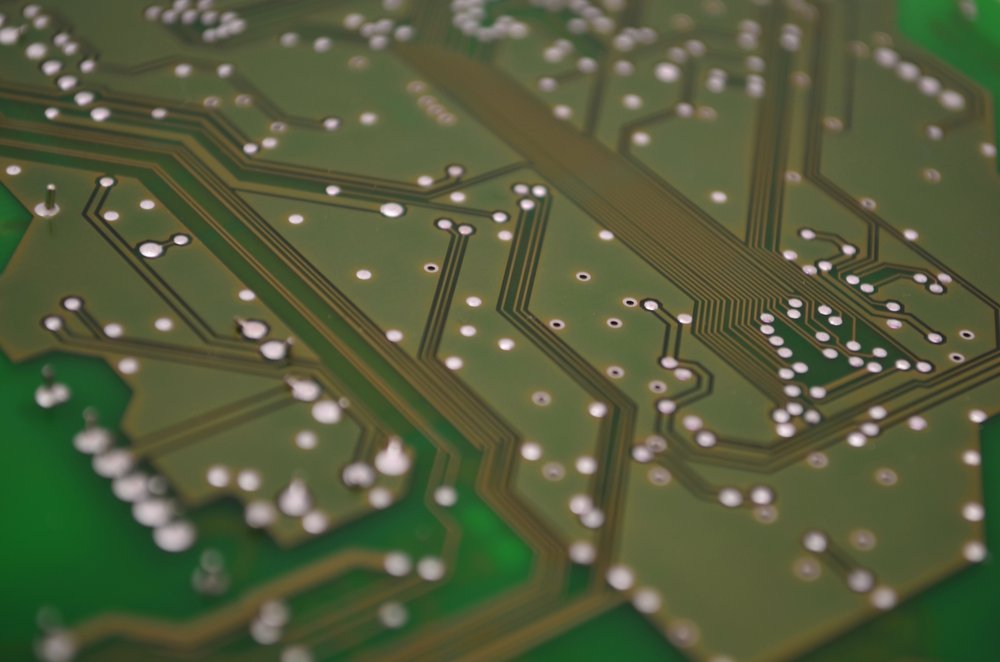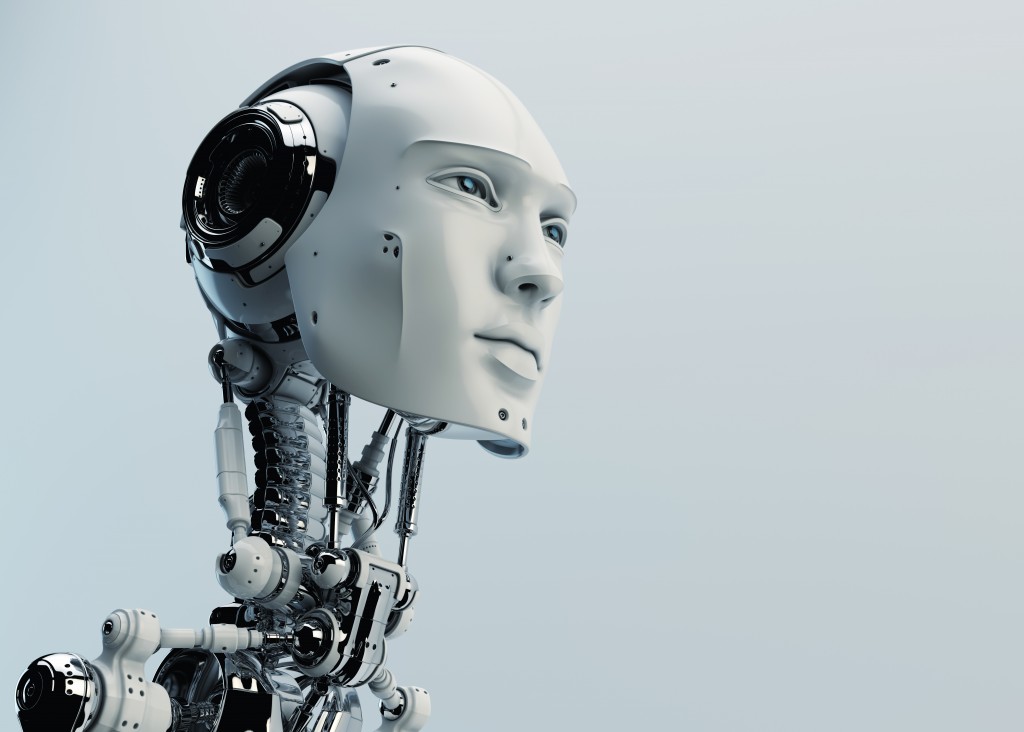Artificial intelligence, commonly known as AI, has been depicted by films and shows in various ways. From anthropomorphic to robotic, chaotic to god-like, and lifesavers to world conquerors, AI has seen a lot of roles. With the continuous advancements in technology and the ever-growing innovation of science, how far can AI go in impacting the world?
AI and its Evolution Through the Years
The earliest AI study was done in the 1950s, and it involves concepts such as problem-solving and symbolic methods. The Defense Advanced Research Projects Agency (DARPA) has produced intelligent personal assistants in 2003.
These initiatives paved the way for the automation and formal reasoning that we use in computers nowadays, including decision support systems (DSS) and smart search systems that can be developed to enhance and augment human capacities.
Artificial intelligence is transforming the world by helping technologies to advance further. Through data, AI automates repetitive knowledge as well as discovery by performing computerized, recurring, and high-volume tasks without exhaustion. However, human intervention is still needed to set up the system and provide the appropriate questions. AI also adds more intelligence to existing products or services, just like Siri, which was an additional feature to the new generation of Apple products.
This proves that automation and smart machines can be integrated with huge amounts of data to develop more upgraded technologies in almost every field, whether at home or in the workplace, from inventory management to self-driving vehicles. Furthermore, AI analyzes increased and extensive data by utilizing neural networks with many obscure layers, and it achieves satisfactory accuracy when trained with big data. Alexa or Google Search, for example, use deep learning, and they get more and more precise or error-free the more we use them. The more data it absorbs, the better it learns, and the more accurate AI thinking becomes.
AI and its Technological Applications

Technology is a broad field that incorporates many concepts, theories, methods, and vital subfields, namely, machine learning, neural networks, deep learning, cognitive computing, computer vision, and natural language processing. It also uses several enabling and supporting technologies like the Internet of Things, graphic processing units, advanced algorithms, and application programming interfaces. When designed and developed, artificial intelligence provides human-like interactions thru software.
Numerous industries are using AI capabilities, with high demands on patent searches, risk notification, medical research, and legal assistance. In the healthcare and medical field, artificial intelligence from deep learning, image classification, and object detection are being operated to find cancer cells on MRIs with accuracy at par with highly skilled radiologists. AI can also act as personal health care assistants by reminding you about your sleep schedule or when it’s time to take your medicine, exercise, or eat healthier.
In the energy sector, AI helps solar businesses improve their services’ safety and reliability by helping them identify energy leakage, understand consumption patterns, and make adjustments to maximize efficiency and conversion of power. Moreover, the retail industry has its fair share in using AI capabilities, from robot navigators that scan and locate items in department stores, to sensors and cameras serving as the cashier.
Recently, Uniqlo, a Japanese-owned clothing brand, has pioneered the application of science and AI to create a one of a kind customer experience. AI-powered kiosks were deployed in select stores to show consumers different products and then measuring their reaction to the color and style via neurotransmitters.
AI Has Not Been Perfected…Yet
The use of artificial intelligence in every industry is broad and comprehensive, but there are limitations. It learns solely on data, and there is no other way yet to incorporate other information. When there is an inaccuracy in the data provided, it will be reflected in the results. Any additional knowledge will need human intervention.
AI was also developed to create specific and clearly specialized tasks, so a system that detects fraud cannot act as chatbots, a system that manages human resources cannot drive cars or give your floor a sweep. In short, AI systems are focused on a single task and are still far from the complications and diversity of human capabilities.
More industries and people are predicted to utilize or rely on artificial intelligence in the future. Along with allied technologies, it has attained almost superhuman capabilities in a juncture of sectors, which surely will be developed even more over the years. However, while it is easy to anthropomorphize AI, it is still impossible for such intelligent machines to entirely replace human beings. It is hard to judge if a person is trustworthy, but it is even harder to judge a machine when it only thinks in such a radical and absolute way.

